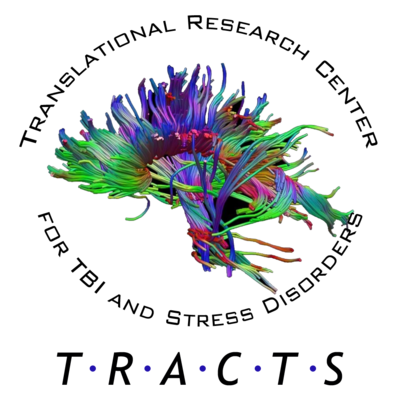Abstract:
Nightmares are a critical component of multidimensional sleep health. Frequent nightmare recallers suffer reduced sleep length, depressed mood, and are more likely to be diagnosed with a psychiatric disorder in the future. Reliable population estimates of nightmare frequency are difficult to obtain and often restricted to rigid timepoints (e.g., once per year). Thus, there is a need for low-cost methods to track population levels of nightmare frequency and their dynamic changes over time. In the current study, we tracked dream content and nightmare frequency using a popular new approach – digital health surveillance – that analyzes language of public and freely-accessible social media posts to track population characteristics.To evaluate whether social media could detect known changes in population sleep health, we extracted posts from r/Dreaming, a popular subreddit dedicated to dream sharing. Prior survey studies have shown a reliable increase in nightmare frequency during the first wave of the COVID-19 pandemic. Thus, we quantified the amount of nightmares posted on Reddit surrounding the World Health Organization’s (WHO) declaration of a COVID-19 as a global pandemic. Nightmares were identified using a word-search algorithm that identified nightmare-related words in a post title. Nightmare frequency was compared before and after the WHO declaration using a chi-squared analysis.The percentage of dreams posted on Reddit that were identified as nightmares was higher after the WHO declaration than before (p < .05). Additionally, the amount of anxiety in all dreams posted on Reddit was higher after the WHO declaration than before (p < .05). Weekly change in dream anxiety was positively correlated with the percentage of COVID-19 news headlines (p < .05).We observed an increase in nightmares shared on Reddit immediately following the WHO’s declaration of COVID-19 as a global pandemic. This novel approach to tracking nightmares might offer the field of sleep medicine a low-cost and real-time system for monitoring population sleep health. Other recent work suggests this method might be viable for tracking other components of sleep health.